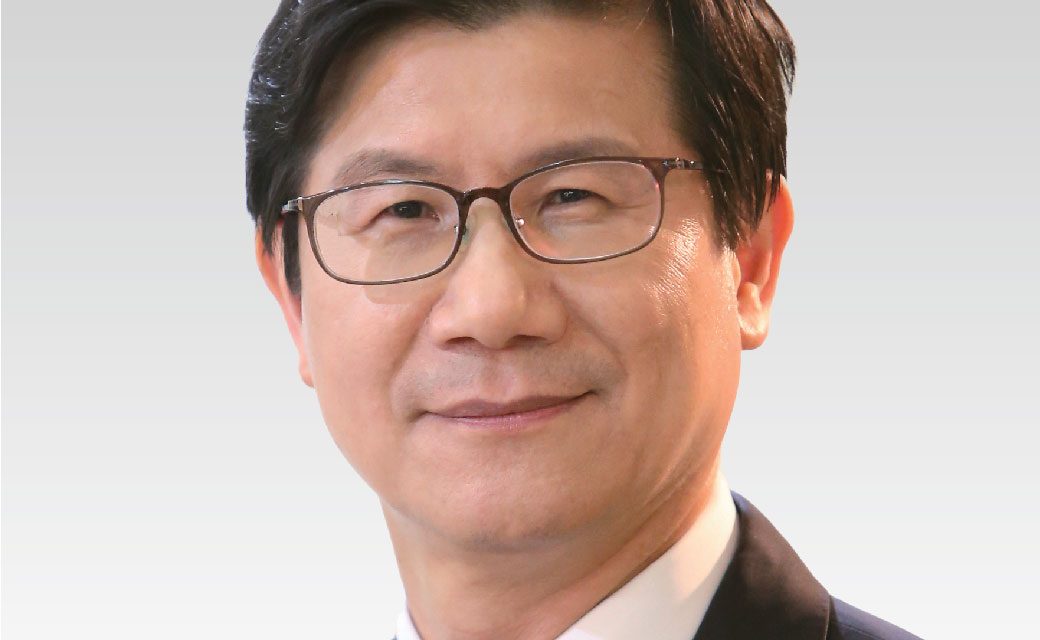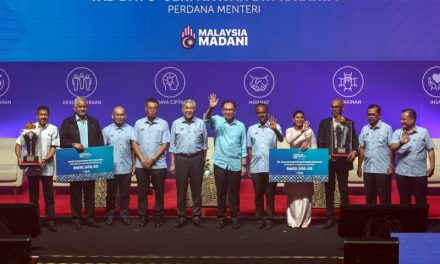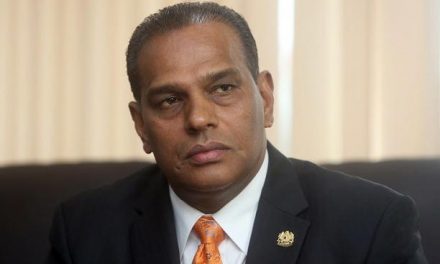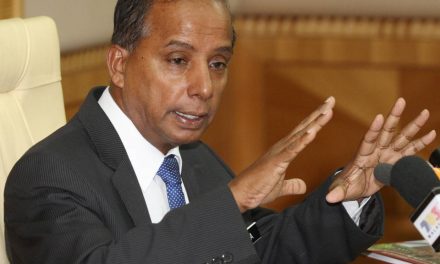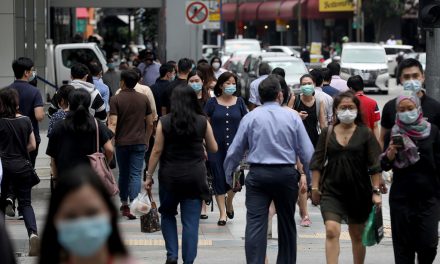Open, constant communication and provision of employment and financial support develop trust which has been the linchpin of Korea’s work safety and health policies.
“If the population does not have trust [in the government], even if the government enforces regulations or KOSHA makes recommends, they would not follow our policies,” said Dr Park Doo Yong, President, Korea Occupational Safety and Health Agency (KOSHA). “To have trust is very important.”
A plenary speaker at the upcoming The Singapore Workplace Safety and Health (WSH) Conference 2020, which will be held as a virtual event on 17-18 November 2020, Dr Park said that in Korea, trust in the government has been built over time with a strong leadership in place.
“The important thing is the leadership. Our government has a very strong will to support the industries and provide employment,” said Park.
KOSHA, a public body responsible for the occupational safety in Korea, is funded by worker’s compensation insurance funds and controlled by the government.
The importance of the role of KOSHA was underscored when the country was faced with the outbreak of COVID. One of the first things it was called to do was to control the supply and demand of the disposal masks.
The government had stepped in to control the mask manufacturers, suppliers and also the distributors to ensure accessibility of the masks to everyone in the country. KOSHA was given the responsibility for the certification and control of the mask market for industries while the Korean Food and Drug Safety Agency controlled the mask market for the public.
Communication was critical to achieve compliance and hence workplace safety and health.
“We visited all the manufacturers and distributors and found out they were only supplying to the larger enterprises because there was big demand there. The small and medium enterprises were suffering from the lack of masks. They couldn’t buy any even though they had the money to do so,” he said.
Park said after many emergency meetings with the manufacturers, distributors and larger enterprises explaining to them that failure to protect the small and medium enterprises would mean they could not protect the society at large, they agreed to distribute masks evenly to all industries.
KOSHA also stepped in to release its own stockpile of masks to frontline essential workers like delivery persons and call centre workers. It had found clusters of outbreaks there that started in locker rooms where there was poor ventilation and large groups of people congregating.
Park said key to all these quick actions was constant communication and education from the top. He said the government used public media to advertise and educate and provide guidance.
“There was a lot of curiosity about the virus, and about the vaccines. We knew it would be very important for them to understand the effects of the virus because without those facts, they misunderstand and that would result in misbehaviours,” said Park. “Also, if they do not know the facts, they are just in fear. That can also result in the wrong behaviour.”
“The control measures are actually very simple – personal sanitation, wearing of masks, good ventilation. But it was important for the people to understand the situation correctly, or our guidance would not work,” he explained.
KOSHA continues to work with the government to manage the situation and provide safe workplaces for its population in Korea. It is now discussing how to define essential work and to provide benefits and protection to essential workers.
It is also helping to move training of workers online as it anticipates a major reduction of face-to-face training in the future. In addition, it is looking at doing virtual and remote inspections for the construction industry. With that also comes issues of personal security and how to protect personal information, said Park.
And what about the issue of mental health? “We already have some COVID-19 blues. Mental health is a huge, huge issue – above and beyond COVID-19,” he said.

